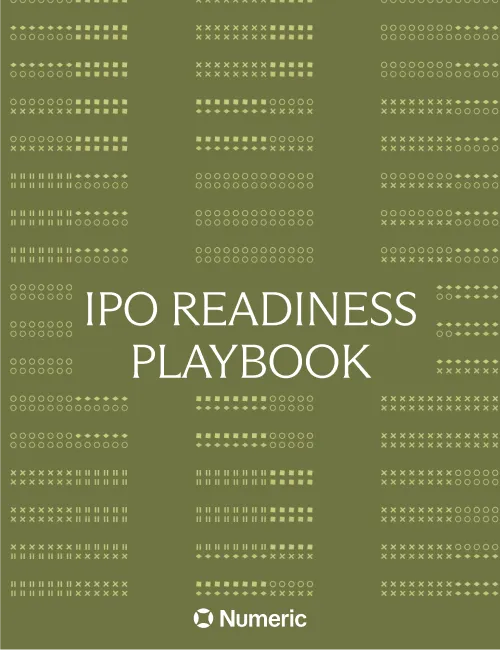Credit Risk Management
Credit risk management is a critical component of any financial institution's risk management strategy, involving the use of various tools and techniques to identify, measure, monitor, and control credit risk in order to protect the institution from losses due to defaults on loans or other credit instruments.
Definition
Credit risk management is the process of identifying, assessing, and controlling the potential risks associated with a company's credit activities. It is a critical component of any financial institution's risk management strategy and is designed to protect the institution from losses due to defaults on loans or other credit instruments. Credit risk management involves the use of various tools and techniques to identify, measure, monitor, and control credit risk.
Example
A common example of credit risk management is the use of credit scoring. Credit scoring is a method of assessing the creditworthiness of a borrower by assigning a numerical score based on a variety of factors such as payment history, credit utilization, and debt-to-income ratio. Credit scoring is used by lenders to determine whether or not to approve a loan application and to set the terms and conditions of the loan.
Why it Matters
Credit risk management is an essential part of any financial institution's risk management strategy. It helps to protect the institution from losses due to defaults on loans or other credit instruments. By properly managing credit risk, financial institutions can reduce their exposure to potential losses and ensure that they are able to meet their financial obligations. Additionally, credit risk management helps to ensure that the institution is able to provide its customers with the best possible terms and conditions for their loans.



















